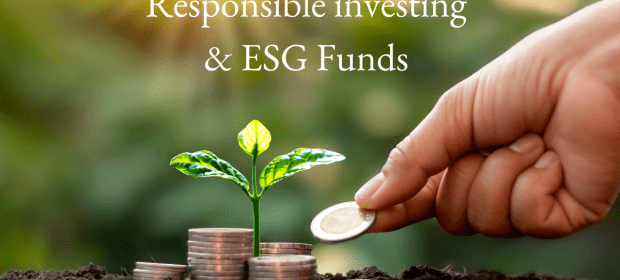It has bounced again in recent weeks and is now at $40,714 as I write this article (9th Jan 2021). Institutional investors (fund managers, hedge funds etc) are now buying Bitcoin. Increased demand of a fixed supply commodity pushes up the price. Will this last? I do not know. Is it a bubble? Again, I do not know. However, what I do know is that institutional investors invest to a plan. They systematically take profits i.e. sell some of their holdings. They are disciplined. They manage risk by keeping a balance of different investments. Should these institutional investors take profits, other fund managers will follow and sell so as not to get caught out by a large price fall. Their careers depend on getting it right. The ability to feed their family depends on it. They analyse, have large teams doing research, watch and wait before buying and sound out other professional colleagues to ensure they sell in a timely manner. The field of behavioural finance has shown that as individual investors we use the part of our brain driven by emotion when making investment decisions, especially when there is a big price movement in an asset. This emotion based decision making often leads to poor decision making.
This is why it is beneficial to speak with a professional financial adviser who can be more analytical!
There is a body of opinion from Bitcoin exchanges and advocates that is putting forward the theory that Bitcoin is going to become a national currency in some countries and therefore the price is going to go ballistic (their phrase). It is unlikely that a non regulated, very volatile commodity will be used as a national currency.
Here is an example from me of the practical problems. A solicitor practice in Barcelona started to accept Bitcoin for settlement of their fees. It looked like a superb idea to show they were a forward-looking firm.
The problem comes with the volatility. Between issuing the invoice and payment by the client there is a delay. Having charged 1.03874 Bitcoins, for example, they had no idea how much they would get in the currency that would pay all the bills of the firm, such as their staff (Can we pay you in Bitcoins Mrs staff member? Ah, no!), electricity company etc. So having chosen 1.03874 Bitcoins as the fee because that would generate 4,000 in Euros, at the date of payment it could have been just €2,000 value. For this reason it is very unlikely that Bitcoin will become a national currency!
If you wish to invest in Bitcoins, it is worthwhile separating them from your primary investments. Bitcoins will then not influence your investment decisions on your main portfolio in the way that they might be if they are on the same investment platform. How much should you invest in Bitcoin? Set aside a percentage of your savings and only invest that much. Whether it is 1% or 10% will depend on your overall circumstances. However, with Bitcoin it is very worthwhile applying the rule that only invest what you can afford to lose. That way, if you lose it all it has not damaged your financial wellbeing. If it goes up 400% next week, you will be able to take some profit and perhaps spend your winnings on something frivolous.
Bitcoin profits will be taxed. Remember to put money aside from your winnings to pay tax. The amount of tax will depend on your country of residence. The annual declaration can be very difficult so keep track of all your transactions. A figure of 23% of the profit is a good guideline as the amount to put aside if you live in Spain.

























